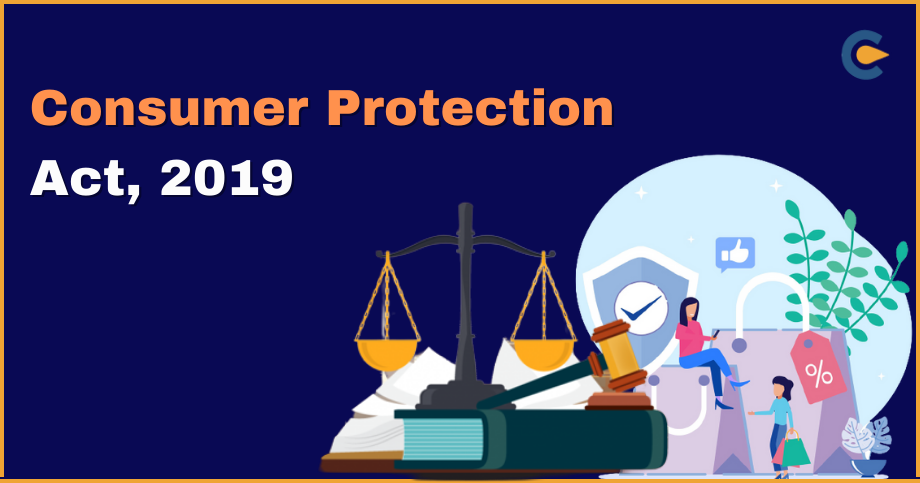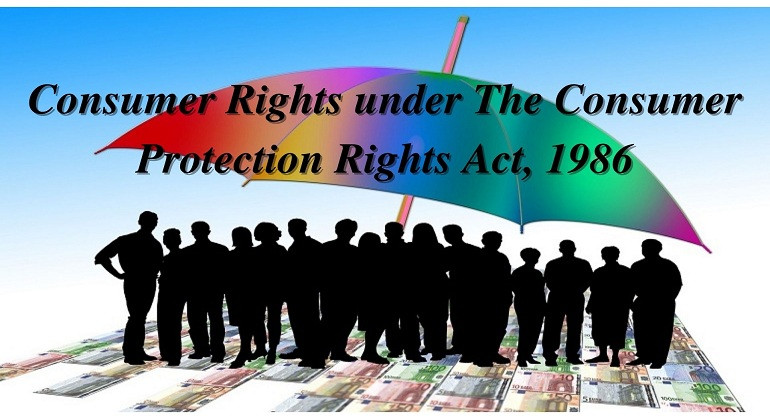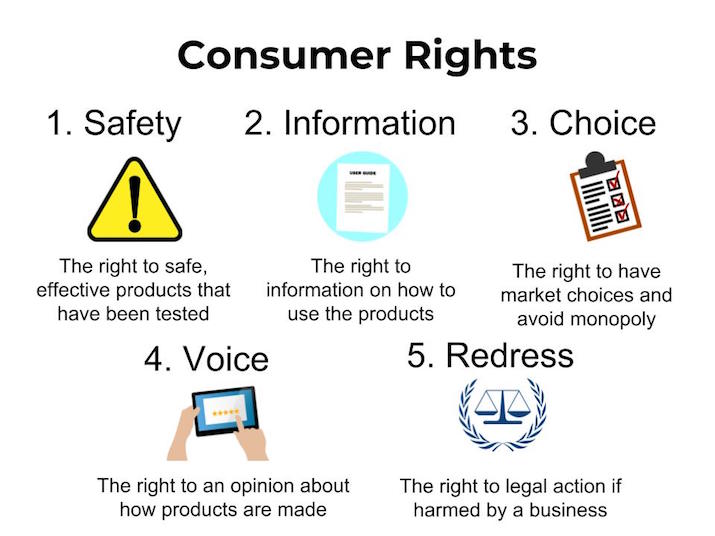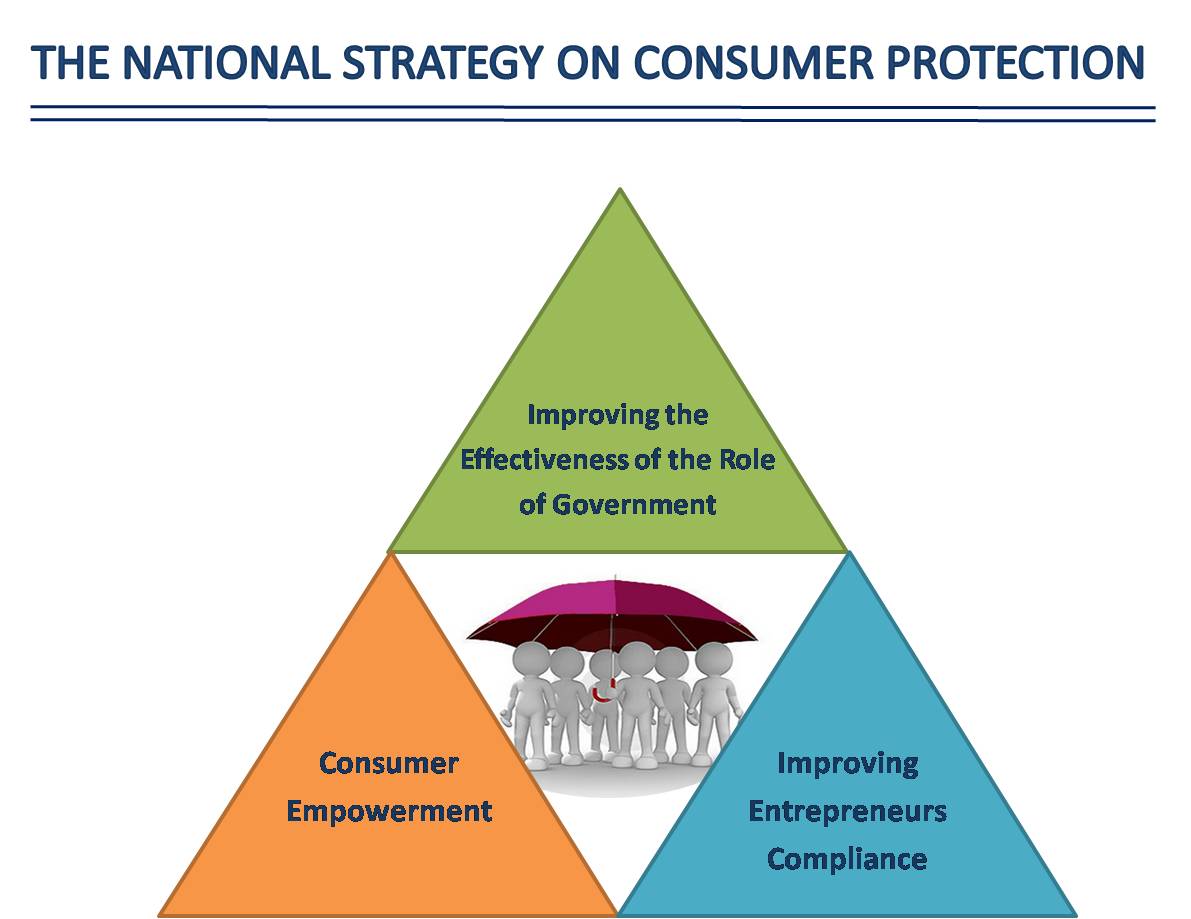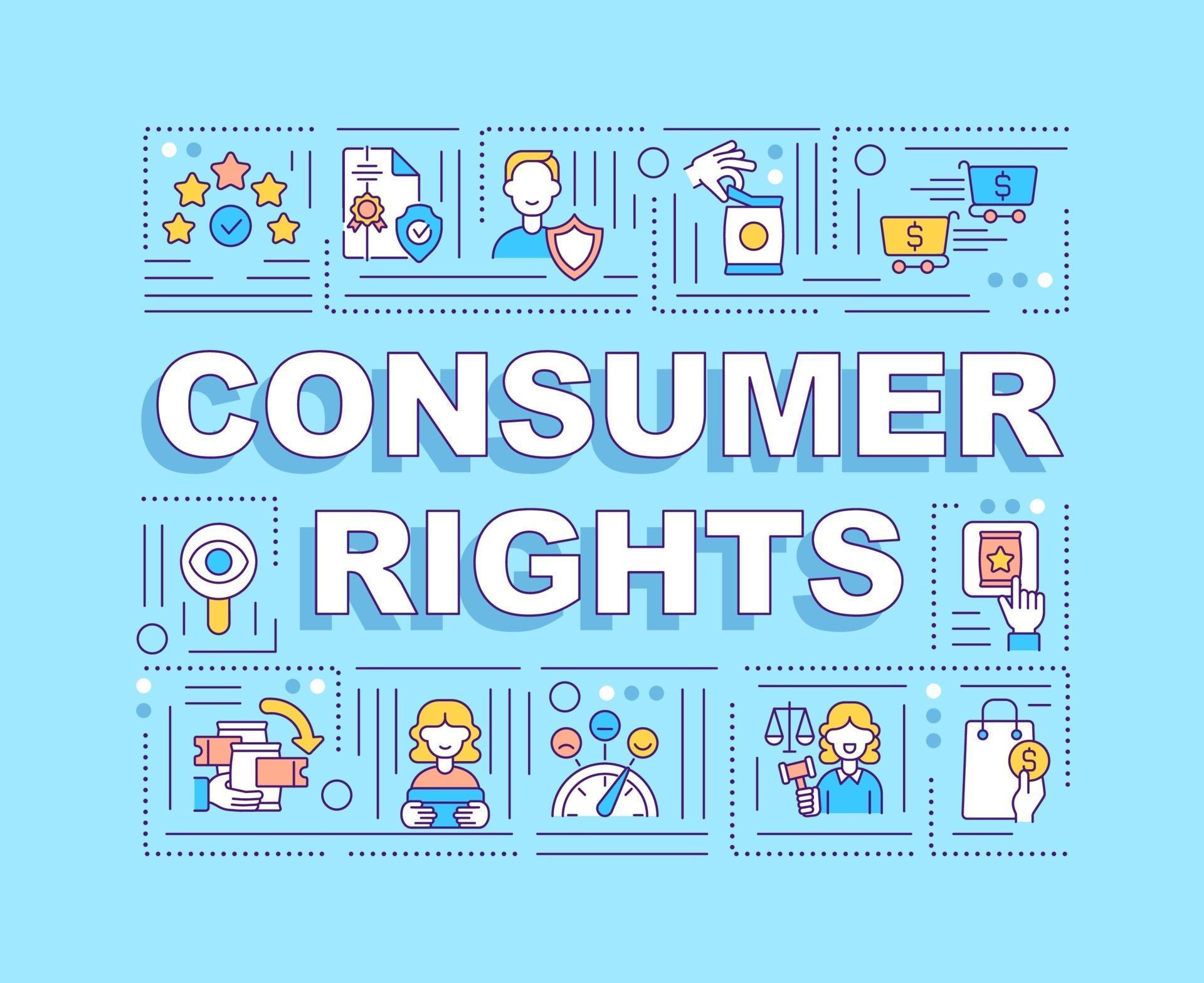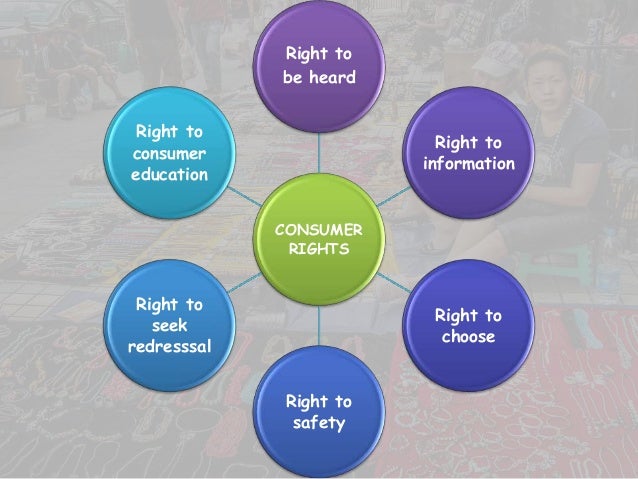Why Are Some Government Regulations Beneficial For Consumers

In a world often characterized by complex market dynamics and asymmetrical information, the role of government regulations in protecting consumers is a subject of intense debate. Are these rules simply bureaucratic hurdles that stifle innovation and inflate prices, or are they essential safeguards that ensure fair practices and protect public well-being? The answer, as is often the case, lies in the nuanced understanding of specific regulations and their impact on the market.
This article delves into the intricate relationship between government regulations and consumer welfare, examining how thoughtfully crafted rules can indeed benefit consumers. It explores the mechanisms through which regulations address market failures, protect vulnerable populations, and foster a more equitable and transparent marketplace. By analyzing various examples and drawing on credible sources, we aim to provide a comprehensive understanding of why some government regulations are not just necessary, but also beneficial for consumers.
Addressing Market Failures
One of the primary justifications for government regulation is the correction of market failures. These failures occur when the free market, left to its own devices, fails to allocate resources efficiently or produce socially desirable outcomes.
A classic example is the presence of externalities. Externalities are costs or benefits that affect a third party who did not choose to incur that cost or benefit.
For instance, a factory that pollutes the air creates a negative externality, harming the health of nearby residents. Government regulations, such as emission standards and pollution taxes, can force the factory to internalize these costs, leading to reduced pollution and improved public health.
Information Asymmetry
Another common market failure is information asymmetry, where one party in a transaction has more information than the other. This is especially prevalent in complex markets like healthcare and finance.
For example, a consumer buying a used car may not know about hidden mechanical problems, while the seller has full knowledge. Regulations like mandatory vehicle inspections and disclosure laws can level the playing field by requiring sellers to provide accurate information to buyers.
In the financial sector, regulations such as the Securities and Exchange Commission's (SEC) disclosure requirements help investors make informed decisions by ensuring that companies provide transparent financial reporting. This helps prevent fraud and manipulation, protecting investors from significant losses.
Protecting Vulnerable Populations
Certain segments of the population are particularly vulnerable to exploitation and unfair practices. Government regulations play a critical role in safeguarding these groups.
Children, for example, are often targeted by deceptive advertising or unsafe products. Regulations like the Children's Online Privacy Protection Act (COPPA) and product safety standards help protect children from harm.
The elderly are another vulnerable group, often targeted by scams and financial fraud. Regulations aimed at preventing elder abuse and financial exploitation help protect seniors from losing their life savings.
Ensuring Fair Labor Practices
Labor regulations, such as minimum wage laws and workplace safety standards, are crucial for protecting workers. These regulations ensure fair compensation and safe working conditions, preventing exploitation and promoting a more equitable distribution of wealth.
Without these protections, employers could potentially exploit workers by paying them unfairly low wages or forcing them to work in hazardous environments. The Occupational Safety and Health Administration (OSHA) plays a vital role in enforcing workplace safety standards, reducing the risk of workplace injuries and fatalities.
Fostering Competition and Innovation
While some argue that regulations stifle innovation, well-designed regulations can actually promote competition and innovation in the long run. For instance, antitrust laws prevent monopolies and promote fair competition, which encourages companies to innovate and offer better products and services to consumers.
Moreover, regulations can create a level playing field for businesses, allowing smaller companies to compete with larger, more established firms. This can lead to greater innovation and more choices for consumers.
Furthermore, environmental regulations can spur the development of new technologies and cleaner production methods. Companies that invest in environmentally friendly technologies may gain a competitive advantage and contribute to a more sustainable economy.
Criticisms and Considerations
It's essential to acknowledge that government regulations are not without their critics. Some argue that regulations can be overly burdensome, costly to implement, and can stifle innovation.
Overregulation can increase compliance costs for businesses, potentially leading to higher prices for consumers. It is important for regulators to carefully weigh the costs and benefits of each regulation, ensuring that the benefits outweigh the costs.
Furthermore, regulations should be flexible and adaptable to changing circumstances. Overly rigid regulations can become outdated and ineffective, hindering innovation and economic growth. The effectiveness of regulations also depends on consistent enforcement and monitoring.
Looking Ahead
The future of government regulations in the consumer landscape will likely involve a greater emphasis on data privacy, cybersecurity, and emerging technologies. As technology evolves, new regulations will be needed to address the challenges and opportunities presented by artificial intelligence, blockchain, and other emerging technologies.
A key challenge will be to strike a balance between protecting consumers and fostering innovation. Regulations should be designed to be adaptable and responsive to changing market conditions, while also providing clear and consistent standards for businesses to follow.
Ultimately, the goal of government regulations should be to create a fair, transparent, and competitive marketplace that benefits both consumers and businesses alike. By addressing market failures, protecting vulnerable populations, and promoting innovation, thoughtfully crafted regulations can contribute to a more prosperous and equitable society. The ongoing dialogue and evaluation of these regulations are critical to ensuring their effectiveness and continued relevance in a rapidly evolving world.




